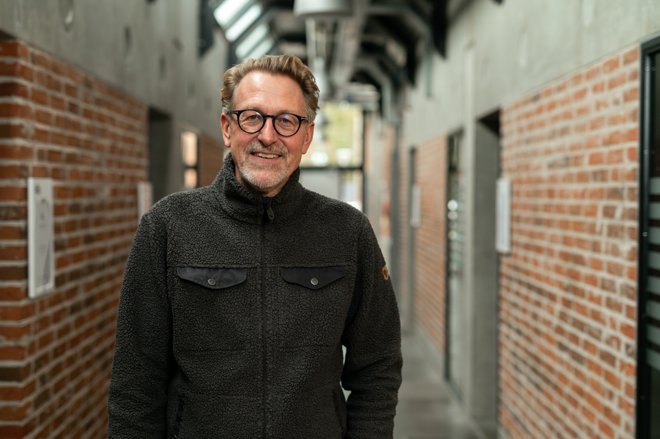Economics professor raises doubts about the standard ferry project: Should the tender be redone?

Maybe one should consider the possibility of starting over.
Such is the call from Per Nikolaj Bukh, a professor of management accounting at Aalborg University.
Before the summer holidays, Søfart reported that the five municipalities currently involved in the standard ferry project, one by one, turned their backs on the original financing model described in the tender. Instead, they wanted to go a more traditional route with KommuneKredit as the financing institution.
And this change might be so significant that it cannot be ruled out that the tender should be redone entirely, according to Per Nikolaj Bukh's assessment.
- The project now holds a wild card. Is this change to the original project so significant that it should be redone? Perhaps one could imagine that some competitors would find it interesting to bid on the project if they do not have to provide a financing model, but simply construct a ship, says Per Nikolaj Bukh.
Procurement law stipulates that a tender can be redone if changes occur along the way that alter the original tender too much. How much is too much is, of course, a subjective assessment, but since financing is a significant factor in the tender material, the consortium should consider whether the time is right to start over, says the professor.
Leasing option dropped
The original model was a leasing agreement with PensionDanmark for a 20-year contract, where PensionDanmark would own the ship and lease it out to the municipalities at a fixed annual payment.
Moreover, after the 20 years, PensionDanmark and the municipalities were to share the remaining value of the ferry. Thus, the municipalities would face an additional bill after the leasing period if they wanted full ownership of their ferry.
In the new model, however, the ferries are financed by KommuneKredit.
A model, which Per Nikolaj Bukh describes as "more traditional". He has been puzzled that the municipalities went with the original leasing model.
- It was strange that they went with a model that was obviously more expensive. Normally, municipalities can go to KommuneKredit for these types of projects, where the interest rate is lower. One could also have obtained a cheaper interest rate by leasing through a regular bank, says Per Nikolaj Bukh.
Consoritum exited
And the municipalities' deal with KommuneKredit also means that PensionDanmark no longer has a role in the consortium behind the Standard Ferry, as the pension fund will no longer act as a financial reservoir.
PensionDanmark has confirmed to Søfart that they have withdrawn from the work on developing the green island ferries for the municipalities.
- PensionDanmark has reached an agreement with the other parties in the standard ferry project that we will withdraw from the consortium. Questions about the future financing model should therefore be directed to the Ferry Secretariat and Danish Standard Ferries, it is stated in a written response to Søfart.
The withdrawal went quietly, without PensionDanmark making a fuss about being chosen out as the leasing provider.
However, it should not be something that shakes the company so much that it was worth openly complaining about, assesses Per Nikolaj Bukh.
- It went quite smoothly. The couple of percentage points extra interest that PensionDanark would have earned are small change in such a large economy as theirs compared to the potential of being involved in upcoming major energy projects. It is not worth the risk to start a case on, says Per Nikolaj Bukh.
- As a pension company, one can see that it looks foolish to offer a model that is blatantly too expensive. They make a living by investing in projects with a green imprint, and they should not have it on their record that they cannot deliver a good, economical model, he says.
- One does not want to be in a project that mismanages taxpayers' money in a poor manner, even if the company itself has secured its own investment. It risks becoming a bad case for the company, he says.




























